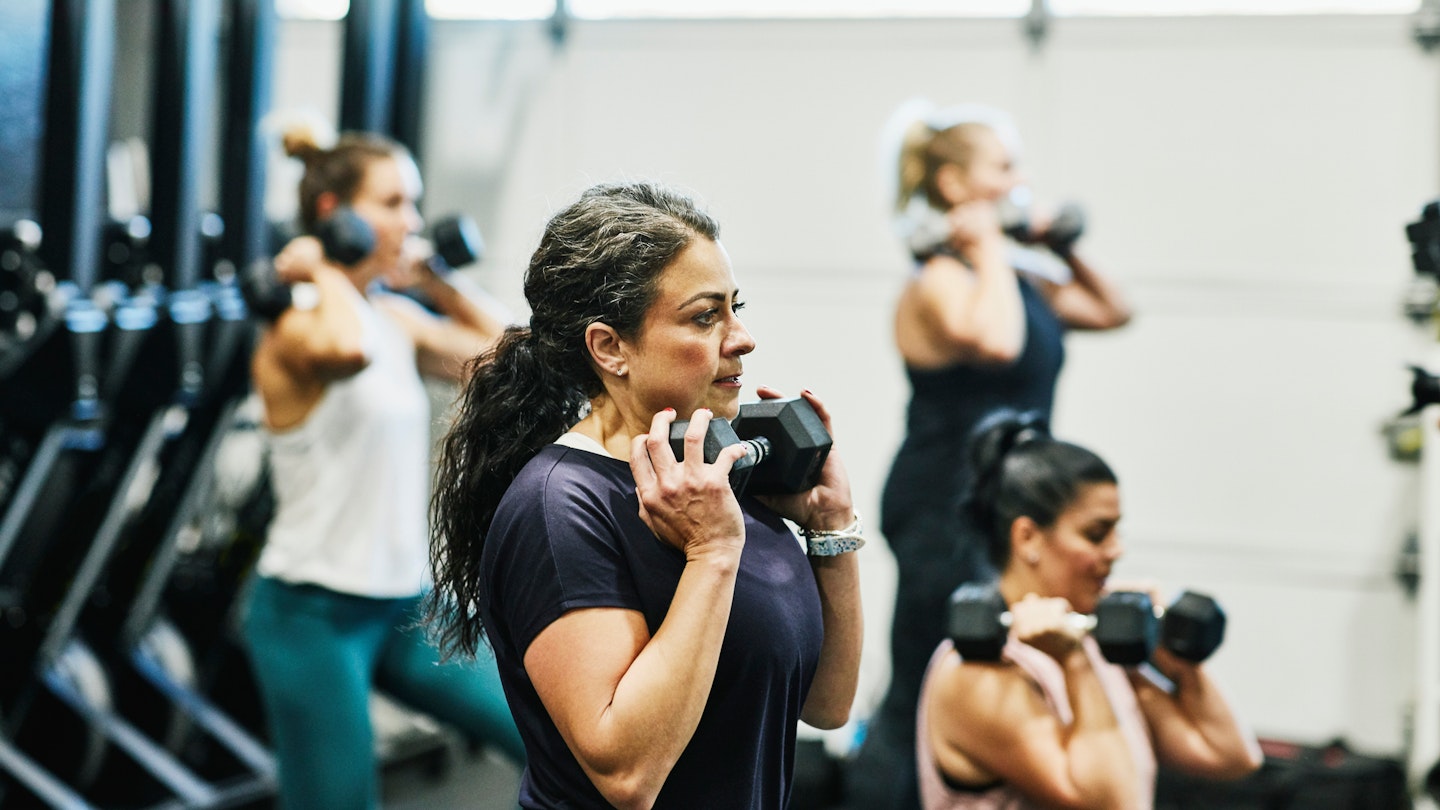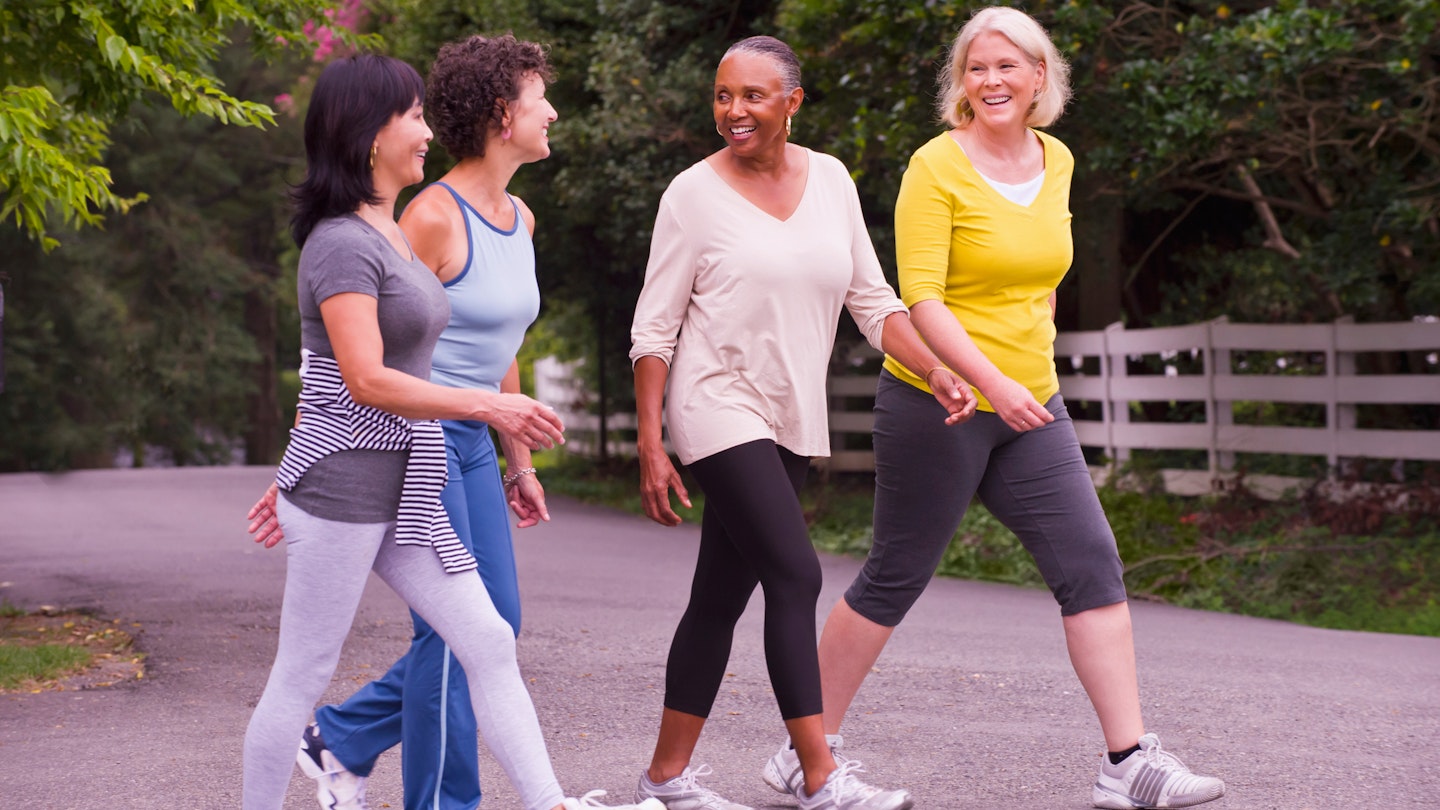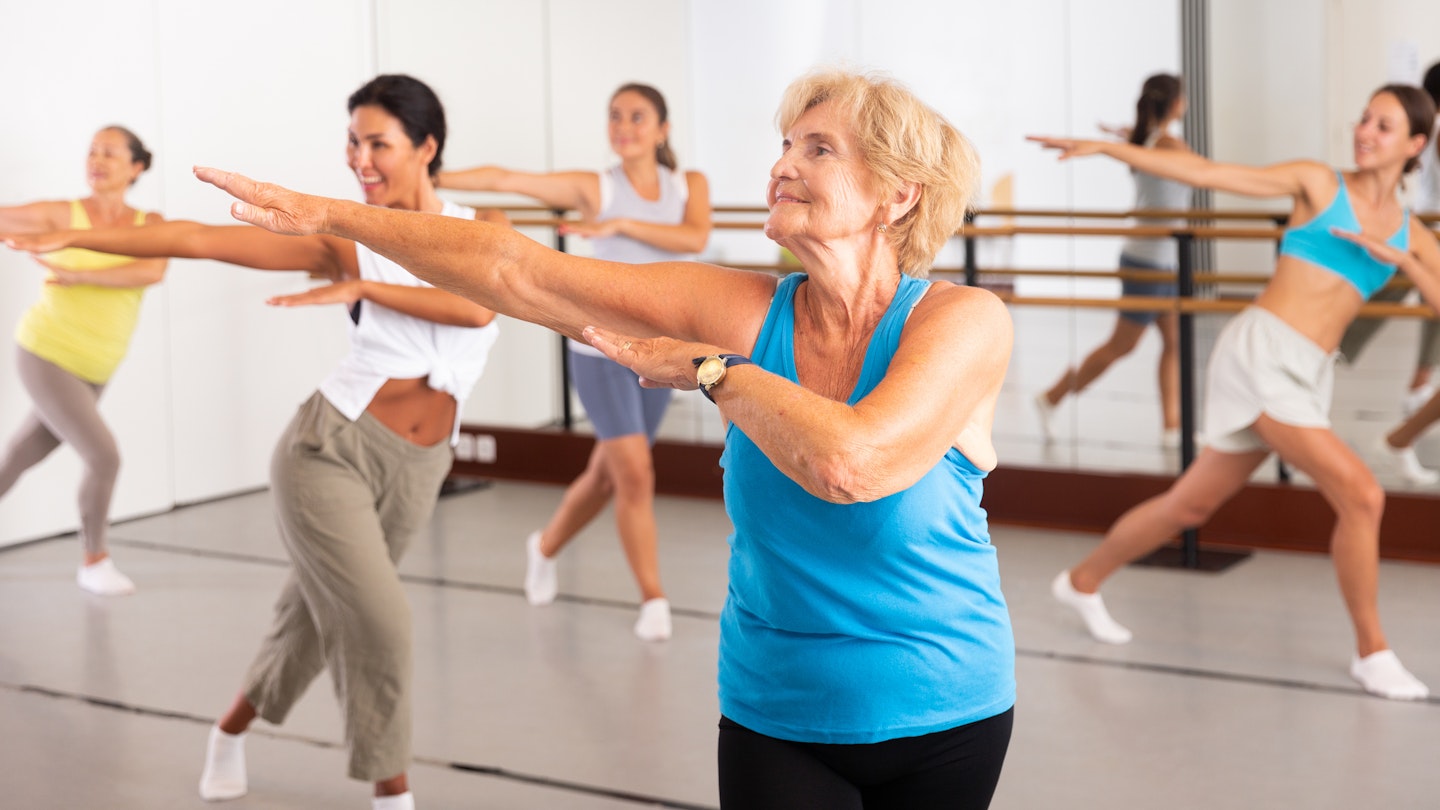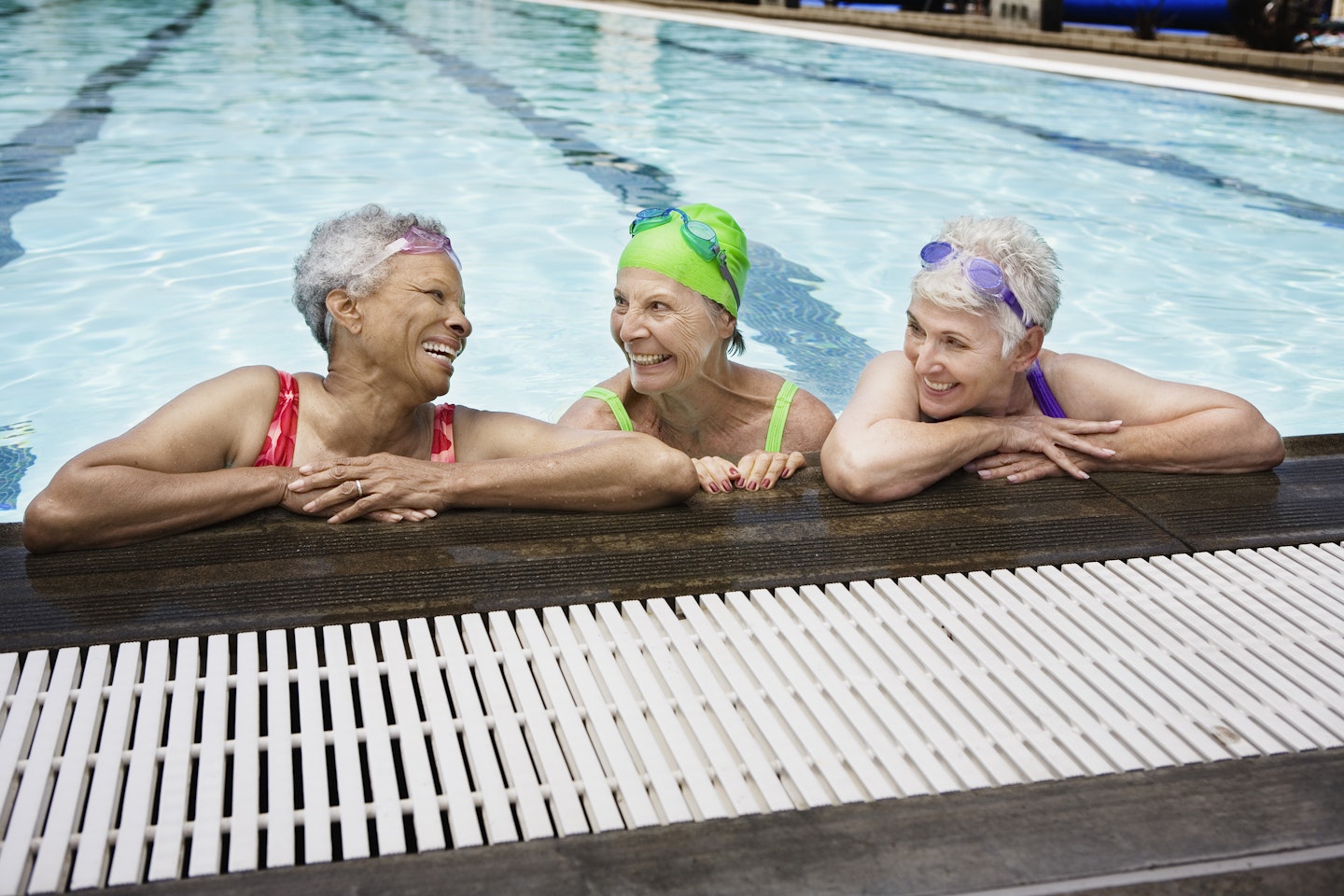Boost brain health with our top tips
It’s no secret that regular exercise can bring enormous physical benefits, but did you know it can also reduce your risk of developing dementia? According to The Alzheimer's Society, “Regular exercise can reduce the risk of developing dementia by about 28%. For Alzheimer's disease specifically, the risk was reduced by 45%.”
They go on to add that “A lack of physical exercise is one of the main factors where the evidence is strong enough to show that it increases a person’s risk of developing dementia. Studies looking at the effect of exercise in middle-aged or older adults have reported improvements in thinking and memory, and reduced rates of dementia.”
Studies have also shown a strong link between social interaction and a lower risk of developing dementia. It’s thought that spending time in the company of others helps prevent cognitive decline – keeping our brains sharp, in other words. If you couple this with exercise, you’re really doing something that’s great for body and mind, reaping the benefits of both social and physical activity.
Of course, there’s no certain way to prevent all types of dementia, and research is still ongoing into how the condition develops, but there is continuing evidence that a healthy lifestyle can reduce your risk.
Not only that, but these simple tweaks to your health can also reduce the risk of other health conditions developing, such as heart disease, high blood pressure, stroke or Type 2 diabetes.
When I decided to become a personal trainer and fitness instructor, I chose to specialise in fitness for people over 50, because I believe there are so many benefits to keeping ourselves active and socially engaged as we age.
As aches and pains sneak in, it can be easy to give up and let ageing take hold, but it doesn’t need to be like that at all. Getting older brings so many advantages, and one of them is that we gain more time to do the things we want. It would be a shame not to make the most of that by keeping ourselves as healthy as possible to enjoy it, and knowing that you also reduce the risk of developing the health conditions listed above, including dementia, why wouldn’t you want to make a few small changes?
Below, I’ve listed my best tips for staying active, staying social, and helping to prevent dementia.
Weight training

The benefits of weight training for women over 50 are clear. Not only does it keep us mobile, it helps prevent conditions such as osteoporosis and osteoarthritis. We all lose muscle mass as we age, and women in particular suffer a loss of bone density post-menopause due to a lack of oestrogen.
Weight training at home, in the gym, or anywhere else prevents this from happening. If you do nothing else, I urge you to incorporate some form of strength work into your daily life at least twice a week, as recommended by the NHS.
You can learn how to use dumbbells, how to use resistance bands, or you might like to try some easy exercises at home. If mobility is an issue for you, you can still reap the benefits of strength training with chair exercises.
Walking

Did you know that regular walking could halve the number of people over 45 who suffer from hip fractures? One of the most under-utilised forms of activity there is, walking is one of the biggest preventors of high blood pressure, type 2 diabetes and so many other health conditions.
It’s a fantastic way to keep us all flexible and mobile, as well as being a great form of cardio activity, improving the function of our heart and lungs.
If you are finding weight management an issue – whether you want to drop some pounds or keep your current weight, you need to get walking. And don’t feel you need to be getting hot and sweaty to burn calories either. Walking boosts your metabolism and burns more or less the same number of calories as running. The only difference is running the same distance takes less time than walking, but with walking you can chat, enjoy the world around you and appreciate the scenery – I know which one I’d prefer!
If you’re new or returning to exercise after a long time, try gradually increasing the distance and time spent walking by 5-10 minutes each week. Varying the terrain and incorporating hills, trails or steps is another way to increase physical activity too. You’ll need some good walking trainers, and walking poles can also help with balance and stability.
Find something you love

When it comes to exercise and health, many people think of it as a chore – something they ‘have’ to do rather than something they get to do. Over the years I have met many people who use exercise as a form of punishment, for example going to two exercise classes back to back because they had a takeaway the night before, or running three times a week because they feel they have to.
The best advice I can give you is don’t do that! And never worry about what anyone else is doing. Just do what you love. If you enjoy swimming but hate cycling, then go swimming. If you hate running (as I do), but will happily walk for miles (again, me), then do that. You’re far more likely to stick to something if you love it.
Not sure what you enjoy? Try something new! I run a female kettlebell club and it’s always wonderful to welcome women who are new to weight training and discover a love for something they've never done before. There are so many options out there for staying fit, active and social, from kayaking to climbing, yoga to boxing and everything else in between.
Buddy up

Finally, as already mentioned, staying social boosts our brain health which in turn can help prevent dementia. It’s easy to become more isolated as we age, when children have left home and we’re not going out to work. A fantastic way to build more social activity into our lives is to exercise with a friend.
You might like to walk with a friend or neighbour a few days a week, whatever the weather. I do this, and it's a good way to get me outside even in the rain, because otherwise I wouldn't leave the house.
If you don’t have any friends who would want to exercise, why not join a class at your gym or local leisure centre? A lot of gyms have coffee lounges too, so you can stay to socialise after class. It’s a great way to meet new people as well as trying a new activity.
If you enjoy running, walking or cycling, it’s worth a search on social media for groups near you and if there isn’t one, you could set one up. Age UK run exercise classes in the local community, and U3A also host a wide range of activities, not all exercise related, with a huge network of members.
Becky Fuller is a senior digital writer for Yours.co.uk. She is also a fully qualified personal trainer and strength coach, specialising in fitness and wellbeing for over 50s. Prior to joining Yours, Becky was a fitness writer for Saga, and a freelance entertainment and theatre journalist. Becky is passionate about helping people to move well and discover the many benefits of strength training.
